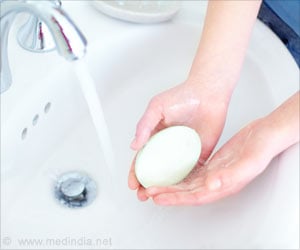Many Swiss surgical residents and consultants believe recently implemented 50-hour workweek limitations for residents have a negative effect on surgical training, says study

The implementation of the law and its potential effects on patient care resulted in a heated discussion in the Swiss surgical community. Adrian Businger, M.D., of University Hospital Basel, Switzerland, and colleagues conducted a survey of surgical departments in Switzerland in 2006. The questionnaire was electronically distributed to 618 surgical residents and consultants in 52 surgical departments.
A total of 405 physicians returned completed surveys, a 65.5 percent response rate. This included 140 male and 81 female residents (median or midpoint age 31 years) and 169 male and 15 female consultants (median age 46 years). Responses indicated that one year after the new laws were introduced:
- Residents worked an average of 55 hours per week On a scale of zero to 100, residents were more satisfied with the 50-hour workweek (average score of 52) than were consultants (average score of 41) 62.8 percent of the residents and 77.2 percent of the consultants indicated that the new limits had negatively affected surgical training, whereas only 8.1 percent of residents and 4.9 percent of consultants reported a perceived benefit to surgical training 43 percent of residents and 70.1 percent of consultants perceived a negative effect on patient care Residents and consultants agreed that there was also an unfavorable effect on operating time (76.9 percent of residents and 73.4 percent of consultants) and operating room experience (73.8 percent of residents and 84.8 percent of consultants) 58.4 percent of residents and 81.5 percent of consultants believed residents' quality of life had improved
"Both groups reported increased chances for residents to maintain a social network and to rest," the authors write. "However, improved quality of life seems to be a passive consequence of the new regulations in light of the clearly negative effect on surgical education and on patient care. Residents were ambivalent about the consequences of the workweek limitation on surgical training. Residents and consultants believed that residents' training and quality of education had decreased. All aspects of surgical training were assessed as negatively affected."
Most residents worked less than they did before the limitations but still worked more than 50 hours per week, perhaps because clinics did not redesign their schedules appropriately or because provisions were not made to reduce paperwork load. Based on the results, the workweek limitations appear to be a failure, the authors note. "To optimize the present situation, resident paperwork should be reduced or assigned to physician extenders. Furthermore, it is imperative that surgical residents read and study during their time off duty."
Source-Eurekalert
 MEDINDIA
MEDINDIA



 Email
Email




